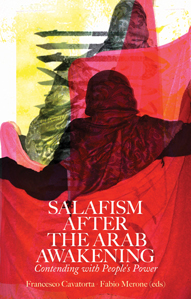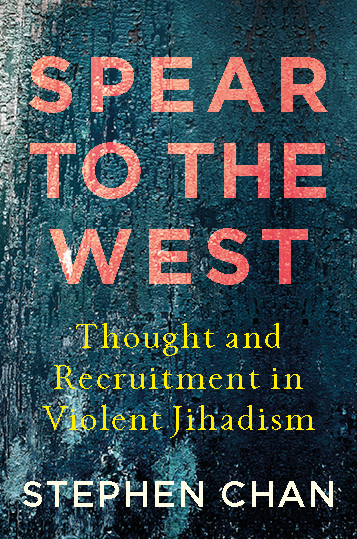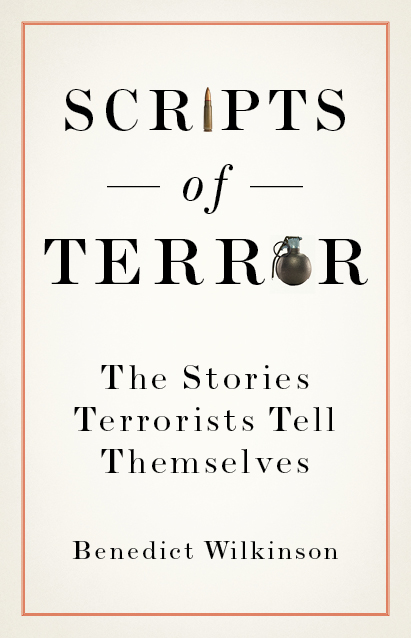Salafism After the Arab Awakening
Contending with People's Power
Leading experts analyse the critical role played by Salafism across the Middle East in the wake of the Arab Spring.
Description
One of the most interesting consequences of the Arab awakening has been the central role of Salafists in a number of countries. In particular, there seems to have been a move away from traditional quietism towards an increasing degree of politicisation. The arrival on the political scene of Salafist parties in Egypt, Tunisia, and Yemen, as well as the seemingly growing desire of Salafists in other Arab countries to enter institutional politics through the creation of political parties, highlights quite clearly the debates around how to react to the awakening within Salafist circles.
This book examines in detail how Salafism, both theologically and politically, is contending with the Arab uprisings across a number of countries. The focus is primarily on what kind of politicisation, if any, has taken place and what forms it has adopted. As some of the contributions make clear, politicisation does not necessarily diminish the role of jihad or the influence of quietism, revealing tensions and struggles within the complex world of Salafism.
Table of contents
1. ‘Introduction: Salafism after the Arab Awakening’ by Francesco Cavatorta and Fabio Merone
2. ‘Revisiting Wiktorowicz: Categorising and Defining the Branches of Salafism’ by Joas Wagemakers
3. ‘Unpacking the Sacred Canopy: Egypt’s Salafis between Religion and Politics’ by Khalil al-Anani
4. ‘Lebanon’s Salafis: Opportunities and constraints in a divided state’ by Adham Saouli
5. ‘Islamist dilemmas in post-Arab Spring Saudi Arabia’ by Stephane Lacroix
6. ‘Salafi Movements and the Political Process in Morocco’ by Mohammed Masbah
7. ‘The Establishment and Positioning of al-Rashad – a Case Study of Political Salafism in Yemen’ by Judit Kuschnitzki
8. ‘The Dual Effect of the Arab Spring on Salafi Integration: Political Salafism in Jordan’ by Joas Wagemakers
9. ‘Salafi Jihadism and the Syrian civil war: national and international repercussions’ by Thomas Pierret
10. ‘The multi-faceted dimensions of Tunisian Salafism’ by Stefano Torelli
11. ‘Kuwaiti Salafism after the Arab uprisings’ by Zoltan Pall
12. ‘Gender Activism in Salafism: A Case Study of Salafi Women in Tunis’ by Iris Kolman
13. ‘Quietist Salafis, the Arab Spring and the politicization process’ by Laurent Bonnefoy
14. ‘Conclusion’ by Roel Meijer
Reviews
‘This book, a first-rate appraisal of Salafism during and after the Arab Awakening, challenges stereotypical ideas, and, in so doing, stimulates much-needed debate in the study of Islam and politics . . . essential reading for policy-makers and academics.’
— The Church Times
‘Edited volumes rarely become must-reads, but this is an exception. Packed with original research by top scholars in the field, it is essential reading for anyone interested in the future of political Islam after the 2011 revolutions.’ — Thomas Hegghammer, Director of terrorism research at the Norwegian Defence Research Establishment in Oslo and author of Jihad in Saudi Arabia
‘This hugely important study of Salafism, which considers how the tradition has reacted and responded to the tumultuous events of recent years, could hardly be more timely. By surveying the different constructions of contemporary Salafism, readers are left with a rich overview of how this unique and opaque religious tradition continues to evolve. Cavatorta and Merone have also assembled a formidable stable of contributors, making this work an essential reference for anyone interested in modern Salafism.’ — Shiraz Maher, author of Salafi-Jihadism: The History of an Idea
‘Salafism After the Arab Awakening fills a major gap by offering a comparison of Salafi politics after the Arab Spring and should certainly be read widely. Great, detailed articles from renowned scholars in the field.’ — Will McCants, director of the Project on U.S. Relations with the Islamic World at the Brookings Institution and author of The ISIS Apocalypse: The History, Strategy, and Doomsday Vision of the Islamic State
‘This volume brings together the leading international scholars on Salafism and its intersection with Jihadi ideology and political movements. It will certainly be an indispensable reference for anyone interested in these issues, book-ending Roel Meijer’s pre-Arab Spring Global Salafism volume.’ — Jonathan AC Brown, Alwaleed bin Talal Chair of Islamic Civilization at Georgetown University and author of Misquoting Muhammad
Editor(s)
Francesco Cavatorta is Associate Professor in the Department of Political Science, Université Laval in Quebec, Canada. His research focuses on processes of democratisation and authoritarian resilience in the Arab world.
Fabio Merone is a research fellow in the School of Law and Government, Dublin City University, Ireland. He is currently working on his PhD at the University of Ghent with a project on Tunisian Salafism.






